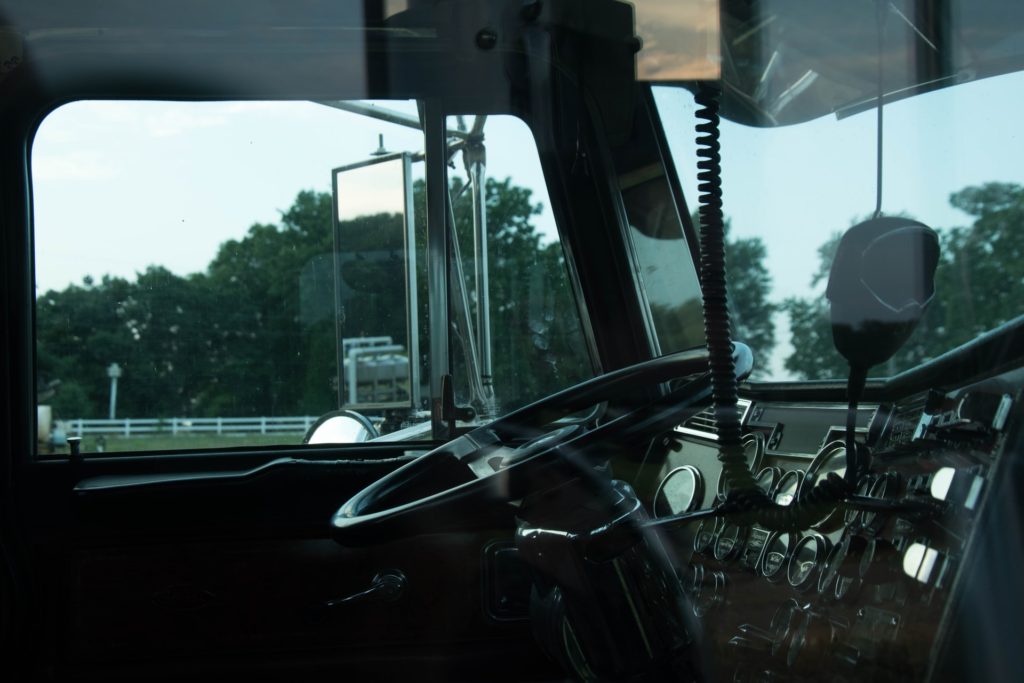The Danger of Equipment Failures

High-powered semi-trucks are complex machines that utilize a variety of parts, devices, and components to transport thousands of pounds of cargo across the country. If one part is defective, it can jeopardize the entire operation and result in a catastrophic crash, ranging from hitch failures to brake failures. These cases require an in-depth investigation to determine how a truck’s parts failed and who is responsible for it.
Common Trucking Defects
Your standard big rig travels thousands of miles every year and accumulates a lot of wear and tear over time. While every vehicle needs to have parts replaced, the stakes are higher with large trucks. If a truck’s equipment fails when it is on a packed highway, it can cause a serious trucking accident. The types of truck equipment failures that put drivers and pedestrians at risk include:
- Brake failures
- Burst tires
- Electrical failures that cause an engine to shut down
- Engine failures
- Suspension failures
- Broken headlights
- Hitch failures and defective trailer couplings, which can result in runaway trailers
- Damaged webbing for securement straps, which can cause cargo to become unsecure
- Steering defects
- Loose or defective underride bars, which prevent deadly sideswipe accidents
In addition to wear and tear, these types of failures are the result of poor manufacturing. Trucking companies and auto part designers need to rigorously test their vehicles’ equipment to ensure they are safe to operate on the road. All it takes is one defective component to cause a tragic accident.
Who Is Responsible for Equipment Failures?
While the majority of truck accidents are due to negligent drivers, dozens of parties can interact with a vehicle even before it heads out on the road. The driver may be responsible for keeping it under control, but trucking companies may actually own the vehicle and are responsible for the upkeep. Whether it is scheduling annual maintenance or fulfilling maintenance requests by drivers, trucking companies should take any sign of equipment failure seriously and ensure that the vehicle is safe to operate.
In turn, repair shops and maintenance crews have a duty to identify defective components and repair or replace them as soon as possible. Damaged couplings, weak brakes, and punctured tires should not be ignored or dismissed, and even minor defects need to be logged and repaired. If a repair crew fails to spot an obviously defective or broken component or does a poor job repairing a truck, they can be found liable for causing a collision.
Lastly, responsibility can come back to the truck’s manufacturer. Thousands of parts are manufactured every day, and there is a lot of room for error. Even with government agencies overseeing some of these processes, there is still the risk that a manufacturer will release a defective truck part that causes a collision. When that occurs, it will take a diligent Dallas truck accident attorney to get you compensation.
Speak With an Experienced Dallas Truck Accident Lawyer
The consequences of negligence are severe and often rest on the shoulders of truck accident victims. Truck accidents are rarely minor and come with long recovery times, as well as tragic deaths. If you or someone you love was injured in a truck accident, our team at the Lenahan Law Firm can provide the compassionate and strong legal representation you need.
Our Dallas injury lawyers only take on a handful of cases at a time to ensure our clients get the attention they need. We will investigate every aspect of your case, from the driver’s actions to the truck’s components, to determine who is responsible for your injuries. The Lenahan Law Firm will not rest until we get you compensation for your injuries. Call us today at (214) 295-1008 to get a free consultation and talk about your case.